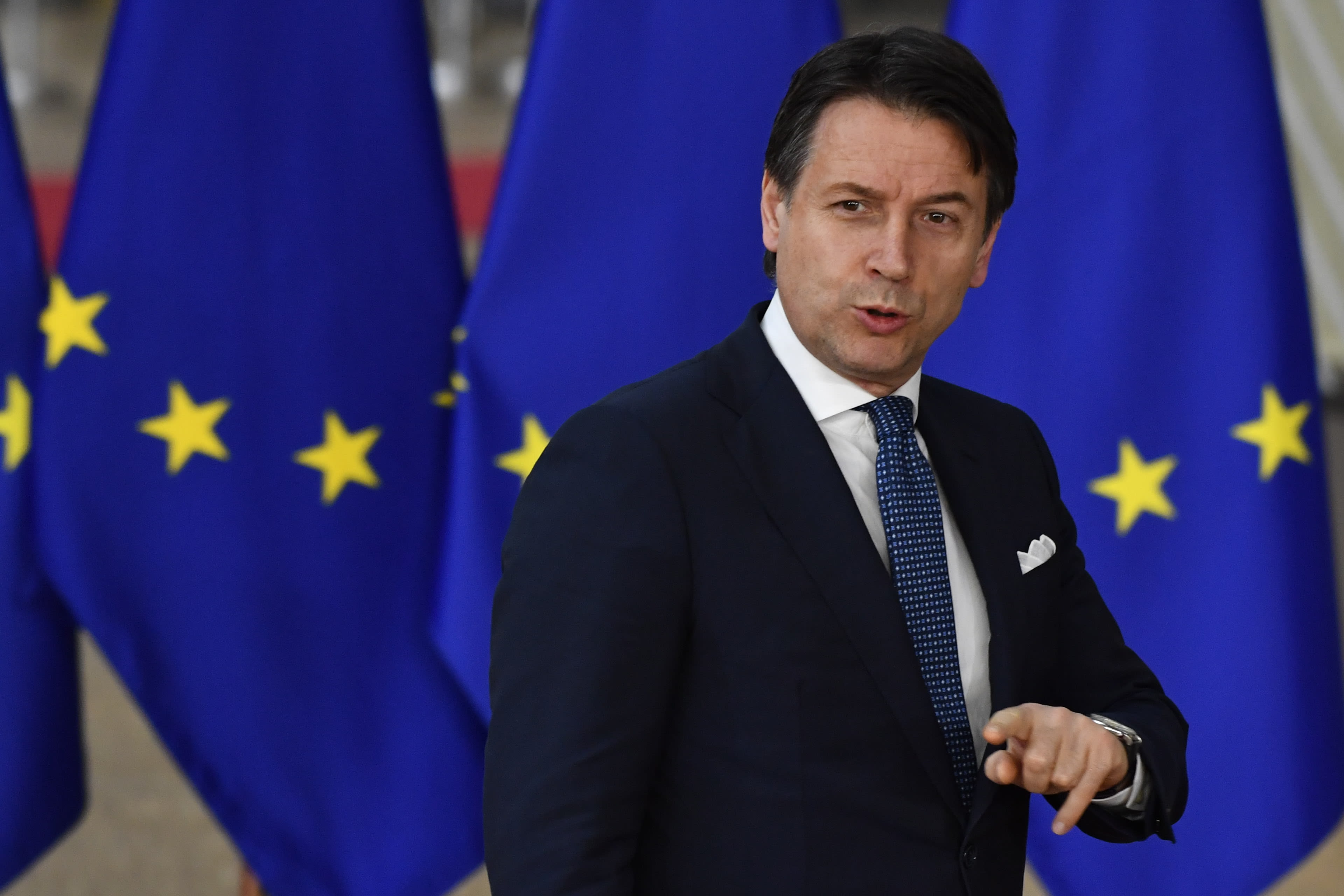
Italy’s center-left Democratic Party (PD) has faced down a strong challenge from the right-wing Lega party during a widely-watched regional election that firebrand Lega leader Matteo Salvini had hoped could collapse the country’s precarious coalition government and precipitate fresh national elections.
Instead, the PD won just over half of the vote in the Emilia-Romagna region, where elections were held Sunday for the governor and regional assembly, with a strong turnout of nearly 68% that dwarfed the comparable figure in 2014.
Lega had campaigned relentlessly in this relatively wealthy portion of north-central Italy, with Salvini and his allies holding several rallies each day, focused on a message of tax-cutting and anti-immigration.
But Lega’s gubernatorial candidate Lucia Borgonzoni had failed to match the Democratic Party’s high profile governor of the region, Stefano Bonaccini, who proved popular among voters in what has historically been a political heartland for the Italian center-left.
Bonaccini repeatedly criticized Salvini during the campaign for failing to pay attention to local issues, and for his focus on regaining national power.
Salvini stepped down last summer as deputy prime minister and interior minister, when he abruptly collapsed Lega’s coalition agreement with the anti-establishment Five Star Movement (M5S). At the time, his effort to scupper the government was intended to provoke fresh national elections in which his party looked likely to triumph. But a surprising pact that formed between the M5S and center-left Democratic Party obviated the need for fresh polls.
Now, without an obvious path back to national political power, Salvini has expended huge amounts of time and energy on regional elections, analysts say, to show that his party commands sufficient support up and down Italy to argue that the incumbent government no longer represents the Italian voting public.
Last year Umbria, another traditionally PD-supporting region, was indeed swayed by Salvini’s campaign arguments and voted in favor of Lega.
And a Democratic Party loss of Emilia-Romagna, which has voted reliably left of center since World War II, might have prompted some national lawmakers to seriously rethink their already tenuous partnership with M5S.
The anti-establishment M5S has been dropping precipitously in national polls and struggled to win significant support in either Emilia Romagna or Calabria, which also held regional elections on Sunday.
“The M5S has been annihilated in Emilia-Romagna,” said Wolfango Piccoli, co-president of political consultancy Teneo Intelligence, in a research note to clients. “With the M5S in free fall, the PD will be forced to assume a greater role (and possibly face the related political cost) in the coalition government.”
Piccoli wrote that this altered political dynamic could further complicate the delicate equilibrium inside the “shaky” coalition. Luigi Di Maio, the Italian foreign minister and leader of M5S since 2018’s national election, recently stepped down as party chief in a bid to ease internal M5S tensions that had threatened to undermine the coalition government itself.
M5S has also lost a minister and several senators to resignations and defections in recent weeks, and has subsequently seen its support figures in both of Sunday’s regional elections fall to single digits.
According to former Treasury official and economist Lorenzo Codogno, now a visiting professor at the London School of Economics’ European Institute, these results might “spell trouble for the stability of the government,” but could also mean that Italian politics becomes slightly more simplified once again.
“Italy appears to be back to a bipolar system (center-eight vs. center-left), and this is good news for any future governability of the country,” he said in a note to clients of his consulting firm, LC Macro Advisors.
Investors will likely continue to focus on the spread between Italian government bonds and German bunds as a measure of political risk sentiment. And any decision to hold early elections could trigger a knee-jerk sell-off in Italian bonds, though analysts like Codogno say it would not likely be too severe.
Davide Vampa, a lecturer in politics at Aston University, says he’s confident about the near-term future of Prime Minister Giuseppe Conte and the fragile coalition he heads. “Government won’t collapse in the short run,” he told CNBC in a message late Sunday night.
“In the medium-long run, you never know,” he cautioned though. “It’s Italian politics after all … very unpredictable.”

